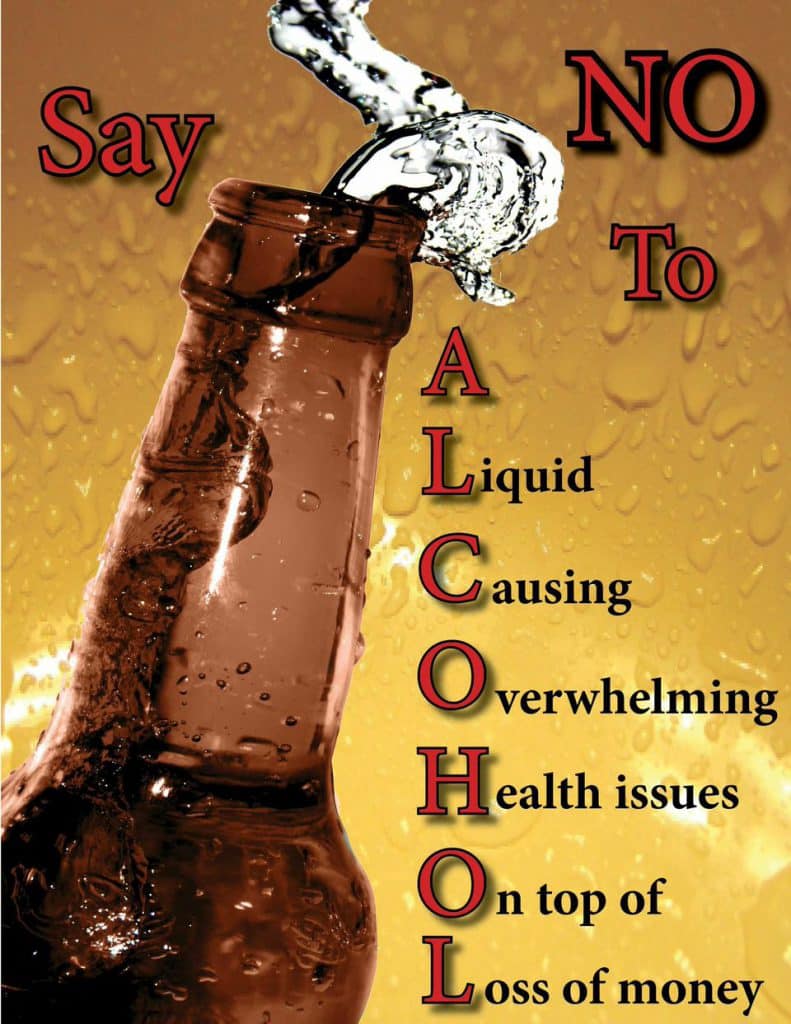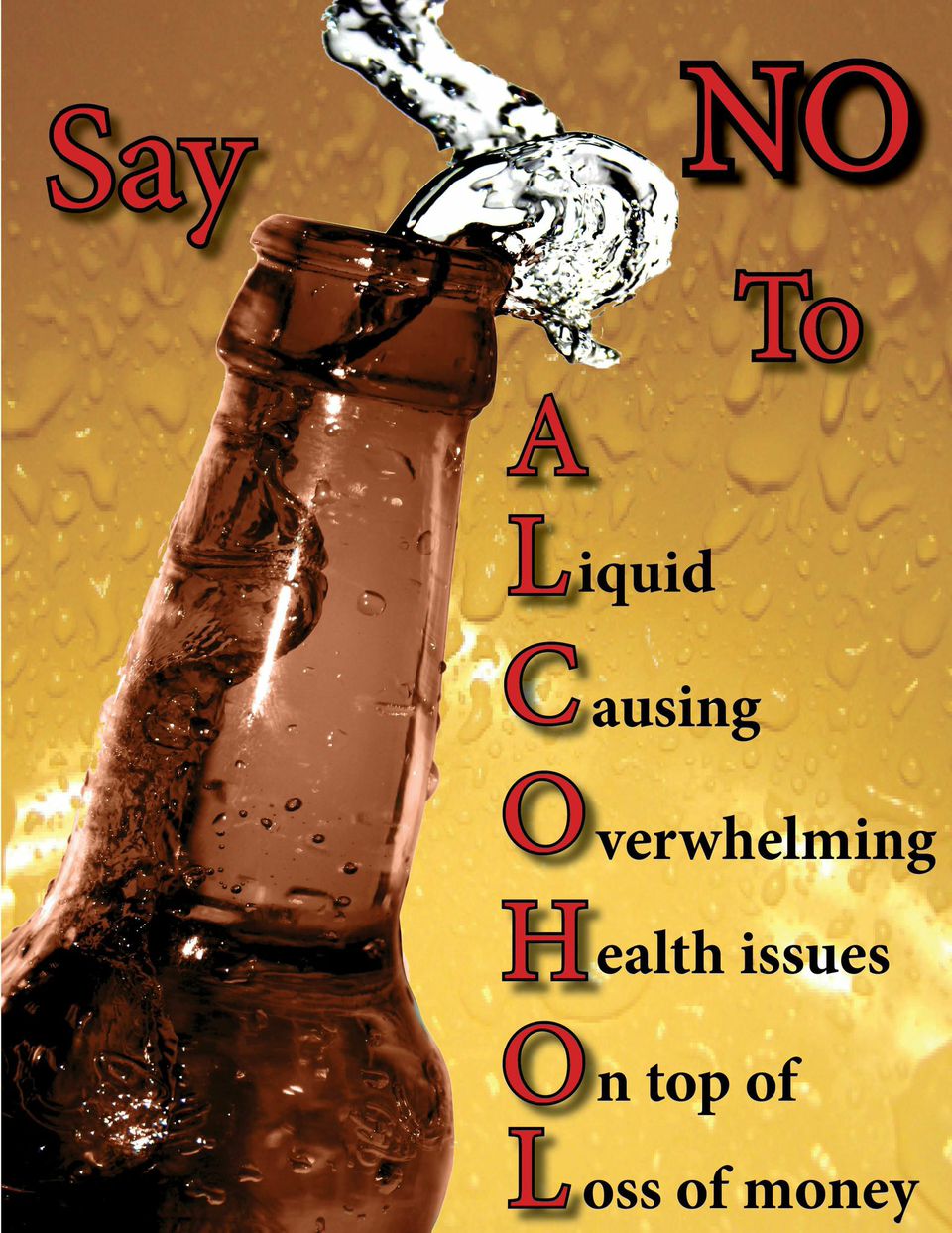
A glass half full leaves a family half empty
Graphic by Sammy Dewey, Graphic Designer
Victoria Pujdak, Staff Writer
Shattering the delicate balance of a family structure, alcoholism is a consuming disease with devastating consequences on the family.
�It really is a disease when you see the loss, and still won�t quit.� says North Greenville University student Melissa Upchurch.
According to the National Council on Alcoholism and Drug Dependence Inc., one in 12 adults in the United States struggle with alcohol abuse or dependency. Consequently, 7 million children under the age of 18 live with at least one substance abusive parent.
�Because of the alcohol, I had to take care of them, when they were supposed to be taking care of me.� said Upchurch about the devastating role alcohol has played in her family.
Intoxicated individuals are not mentally or psychically able to safely care for themselves. Children of alcoholics often feel a burden to undertake the responsibility of catering to the needs of their intoxicated parents. Thus, the children become the adults in an effort to restore a stable family structure.
Upchurch recalls many instances in her childhood of picking up her parents who were passed out on the bathroom floor.
�That was my childhood. That was my life. I had to grow up really fast. I had to be the responsible one,� says Upchurch.
According to Alcoholism-Statistics.com, studies have shown that children who are reared in an alcoholic environment often succumb to alcoholism in their adult life. This can create a vicious cycle of alcohol abuse that can stay with a family for generations.
Upchurch has personally witnessed this cycle in her own family. Her grandfather was an owner of a local bar as well as an alcoholic. His eight children were influenced daily by the alcoholic environment that surrounded them.
This exposure resulted in patterns of alcohol abuse in each of the children�s own personal lives, thus creating an abusive environment in their own homes.
Alcoholism in the family creates tension beyond the home as alcoholic families face a certain stigma in society.
�My family was known for being alcoholics in our area.� says Upchurch.
Upchurch remembers being shunned by other families because of her family�s infamous history of alcohol abuse.
�When I came to NGU, I was so bitter at my family. God has taught me about forgiveness, and I truly forgive them.� says Upchurch

